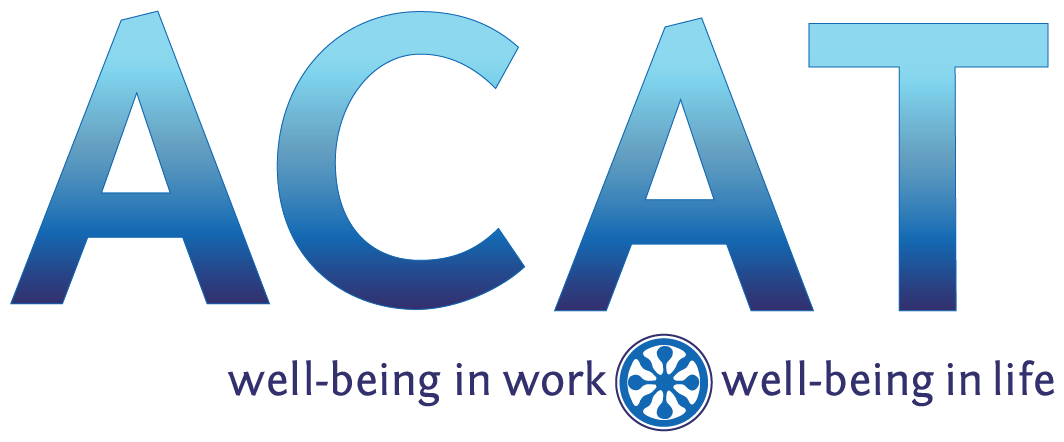 by Karen Krueger
I've been reading a lot lately about "vocal fry," a speaking mannerism that some people find extremely annoying and others defend as an innovative trend among influential young women. Vocal fry is a gravelly or creaky sound to the voice that is most clearly heard at the ends of words and phrases. Some people call it "the NPR voice." Others trace it to Kim Kardashian.
by Karen Krueger
I've been reading a lot lately about "vocal fry," a speaking mannerism that some people find extremely annoying and others defend as an innovative trend among influential young women. Vocal fry is a gravelly or creaky sound to the voice that is most clearly heard at the ends of words and phrases. Some people call it "the NPR voice." Others trace it to Kim Kardashian.
People who find vocal fry to be unpleasant and irritating often say it makes the speaker sound frivolous. Others reportedly consider it a mark of authority. Some say that young women cannot expect to be taken seriously in the workplace if they speak this way, and others respond that this is anti-feminist.
I do not propose to join this debate over aesthetics, politics and meaning. However, I would like to weigh in on one thread of the argument. Those who defend their own vocal fry and other trendy vocal mannerisms often say that "it's just the way I talk, and I can't change it." Inevitably, speaking coaches, vocal therapists and other such professionals will chime in with "yes you can, if you take lessons in how to speak properly, and by the way, if you don't, you'll damage your voice in the long run."
I'd like to point out another way: the Alexander Technique.
Anyone who talks can make an immediate change in how her voice sounds by changing what Alexander Technique calls her "use." You can try this out for yourself by duplicating an experiment I tried using the recording function on my phone.
Pick a text to read aloud while recording your voice. First, sit comfortably upright and read a few sentences in your normal speaking voice. Then, slump really badly and continue reading without purposely changing your voice. Next, sit up really straight and stiff, and continue for a few more sentences. Finally, relax and resume sitting easily upright, and read a bit more.
When you play back the recording, I think you'll be surprised by how different your voice sounds in the different parts, especially as you assumed postures different from your normal way of sitting. In my experiment, my "good use" voice (sitting like a good Alexander Technique teacher) was resonant and pleasant, though it had the usual weird otherness that I hear in all recordings of myself. My "sitting up straight" voice sounded unpleasantly strident. And I was very interested to hear that when I slumped, I developed a flat-sounding voice with a distinct vocal fry.
Alexander Technique lessons are good for many things: easing chronic pain, increasing efficiency of movement, dealing with stress, and on and on. I'd like to add to that list that the Alexander Technique can turn vocal fry from something you are stuck with to something you can eliminate -- when and if you choose.
[author] [author_image timthumb='on']http://www.acatnyc.org/main/wp-content/uploads/2015/10/karen-headshot-67.jpg[/author_image] [author_info]KAREN G. KRUEGER practiced law in New York City for 25 years before training at ACAT, and has now been teaching the Alexander Technique for almost five years. She is the author of the recently published book A Lawyer’s Guide to the Alexander Technique: Using Your Mind-Body Connection to Handle Stress, Alleviate Pain, and Improve Performance (ABA Publishing). Website: http://kgk-llc.com. Buy the book.[/author_info] [/author]
